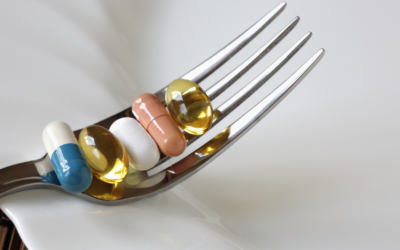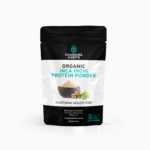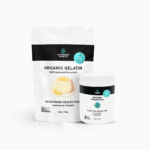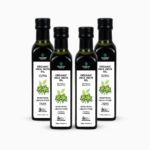The following article points out that medications given to children are not as safe as you think. I am disturbed by the adverse reactions I have seen and heard of but what bothers me more than anything are the additives, such as saccharin, colours, flavours and preservatives, added to the medications.
Some of these can cause ongoing health problems such as; allergies, hyperactivity, asthma and other ailments that now plague our children. There is no hard evidence or even studies out there but with the knowledge of what these additives do in the body it is just something for you to consider. If you want medications for your children without harmful additives then find yourself a compounding pharmacist that can assist.
More than half a million children suffer adverse reactions every year in the United States from prescription drugs, according to a study conducted by researchers from the Children’s Hospital in Boston, and published in the Journal Paediatrics.
The researchers examined data on emergency room and clinic visits between the years of 1995 and 2005 by children under the age of 18. The average number of children receiving treatment for adverse prescription drug effects each year in that time period was 585,922. The number fluctuated very little from year to year.
Adverse drug events included accidental overdoses, side effects and incorrect prescriptions.
Prior research has found that another half million children suffer adverse prescription drug reactions every year while in hospitals, bringing the total annual number of adverse drug effects in children up to more than one million. These numbers do not include negative reactions to over-the-counter drugs.
Researchers in the current study uncovered no reports of deaths caused by adverse drug reactions, but five percent of children required hospitalisation. 43 percent of the adverse reactions occurred in children under the age of five, with another 23 percent occurred in those between the ages of 15 and 18.
The most common causes of adverse effects in young children were prescription antibiotics. Some of the more common side effects were diarrhoea, rash and stomach ache. Birth control pills were a common cause of side effects in teenagers, producing problems such as nausea, vomiting and disrupted menstrual cycles.
Drugs for depression and cancer were also significant causes of negative reactions.
According to lead author Florence Bourgeois, doctors need to inform parents of the possible side effects of any drugs children are given. Parents should watch their children especially carefully when a new drug is taken, she said, because “first-time medication exposures may reveal an allergic reaction.”
From The Health Ranger – Mike Adams







0 Comments